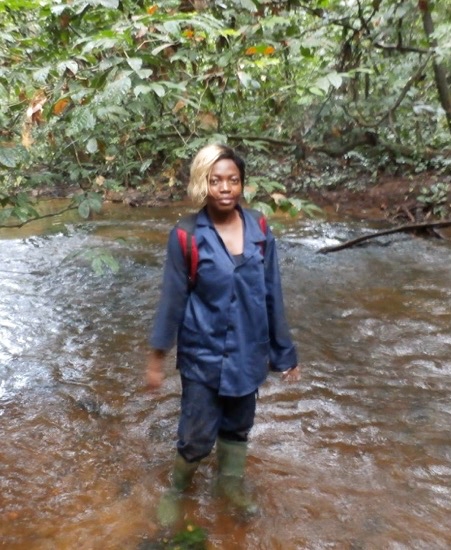Irvingia gabonensis (wild mango) is a forest species belonging to the Irvingiaceae family with notable socio-cultural, therapeutic, and economic importance. The pulp of the edible fruit contains fiber, minerals, and vitamin C (Vivien and Faure, 1996; Milko, 2009). Its kernels are used as a thickener for soups with a high polysaccharide content (Ndjouenkeu et al., 1996). Between January and February 1995, Cameroon exported 140 tons of almonds to neighboring countries (Gabon, Nigeria, and Equatorial Guinea) for an estimated revenue of US$ 302,000 (Ndoye et al., 1998). The oil from the almonds has a high saponification value of 233-250 (Okafor, 1983). Its bark is used to relieve hernias, diarrhea and yellow fever and is also used as an antidote for poison and to relieve pain (Ayuk et al., 1999).
Unfortunately, this species is exploited in the wild. The major challenge is to develop appropriate propagation techniques that are both adapted to this species and easily applicable at the local community level.
The objective of the present work is to improve the genetics of this species by adapting two vegetative propagation techniques: grafting and cuttings; to define the appropriate one for its regeneration and create superior varieties.
